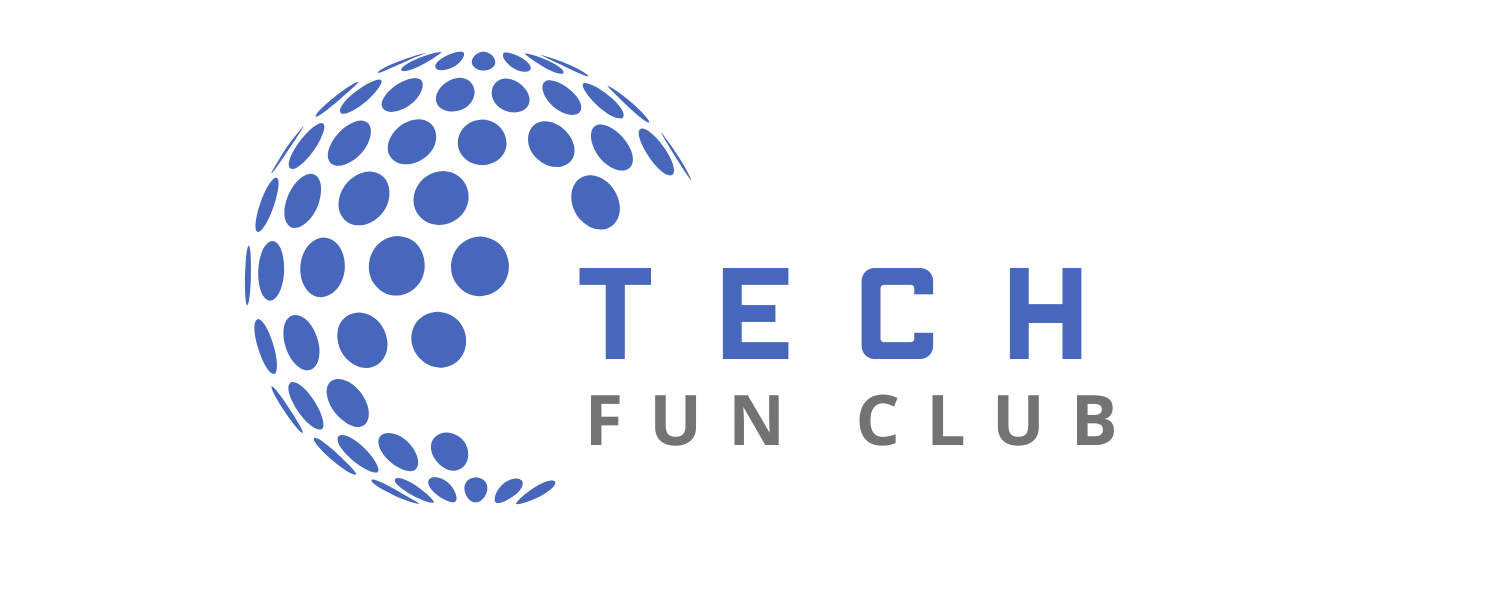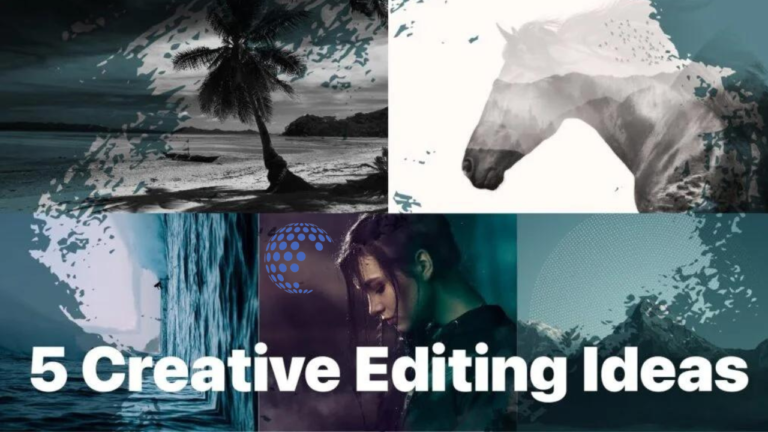Fauxmoi: The Rise of Artificial Identities in the Digital Age

In the modern world, the intersection of technology and human identity has given rise to numerous fascinating phenomena, one of which is the concept of “fauxmoi.” This term, a blend of “faux” (French for false) and “moi” (French for me), encapsulates the idea of artificial or fabricated personas in the digital space. As our lives increasingly move online, understanding fauxmoi becomes crucial in navigating the complexities of authenticity, privacy, and self-representation in the virtual world.
The Evolution of Online Identities
The internet has transformed how we present ourselves to the world. From the early days of anonymous message boards to the highly curated profiles on social media platforms, the notion of identity online has always been fluid and malleable. Initially, the internet’s internet’s anonymity provided a haven for individuals to express themselves freely without fear of real-world repercussions. This freedom led to the creation of multiple personas, or fauxmoi, as users experimented with different aspects of their identity.
As social media platforms evolved, the pressure to present a polished and idealized version of oneself grew. This shift brought about a new form of fauxmoi, where users began crafting meticulously curated identities that often bore little resemblance to their true selves. The rise of influencers and the monetization of online presence further exacerbated this trend, leading to a proliferation of artificial identities designed to attract followers and endorsements.
The Psychology Behind Fauxmoi
Understanding the psychological drivers behind fauxmoi requires delving into human behaviour and motivation. At its core, the creation of fauxmoi is often rooted in the desire for acceptance, validation, and social status. In the digital age, social media platforms have become the primary venues for social interaction and self-presentation. The pressure to conform to societal standards of beauty, success, and happiness can lead individuals to create exaggerated or entirely fictional versions of themselves.
Another psychological factor contributing to the rise of fauxmoi is the concept of self-exploration. The anonymity and flexibility offered by the internet allow individuals to explore different facets of their identity in a relatively low-risk environment. This exploration can be a form of self-discovery, helping individuals better understand their true selves. However, it can also lead to confusion and a blurring of the lines between the real self and the fauxmoi.
The Role of Technology in Shaping Fauxmoi
Advancements in technology have significantly facilitated and shaped the phenomenon of fauxmoi. The rise of artificial intelligence (AI) and machine learning has made it easier than ever to create and maintain sophisticated digital personas. AI-powered tools can generate realistic images, videos, and even entire social media profiles, making it challenging to distinguish between genuine and fauxmoi.
Deepfake technology, in particular, has raised concerns about the authenticity of online content. Deepfakes use AI to create hyper-realistic videos and audio recordings that can depict individuals saying or doing things they never actually did. This technology has the potential to create incredibly convincing fauxmoi, making it increasingly difficult to discern truth from fiction in the digital realm.
The Ethical Implications of Fauxmoi
The rise of fauxmoi raises several ethical questions and concerns. One of the primary issues is the potential for deception and manipulation. When individuals or entities create fauxmoi, they can use these artificial identities to deceive others for personal gain, such as scamming, catfishing, or spreading misinformation. This undermines trust in online interactions and can have serious real-world consequences.
Another ethical concern is the impact of fauxmoi on mental health. The pressure to maintain a perfect online persona can lead to feelings of inadequacy, anxiety, and depression. Moreover, the constant comparison to the idealized versions of others’ lives can exacerbate these feelings, creating a vicious cycle of self-doubt and dissatisfaction.
Privacy is also a significant concern in the age of fauxmoi. The more detailed and realistic these artificial identities become, the more data is required to create and sustain them. This data often comes from real individuals, raising questions about consent and the ethical use of personal information. The potential for data breaches and misuse of personal information is a serious risk that needs to be addressed.
Navigating the World of Fauxmoi
As the phenomenon of fauxmoi continues to evolve, individuals and society as a whole must develop strategies to navigate this complex landscape. One crucial step is fostering digital literacy and critical thinking skills. Educating individuals about the existence and implications of fauxmoi can help them better discern between genuine and artificial identities online. Encouraging scepticism and verification of information can also mitigate the impact of deception and misinformation.
Platforms and technology companies also have a role to play in addressing the challenges posed by fauxmoi. Implementing stricter verification processes and transparency measures can help reduce the prevalence of fake identities. Additionally, developing and deploying AI tools to detect and flag deepfakes and other forms of digital manipulation can help maintain the integrity of online content.
On a societal level, fostering a culture of authenticity and acceptance can help alleviate the pressures that drive individuals to create fauxmoi. Promoting mental health awareness and providing support for those struggling with self-esteem and identity issues can reduce the reliance on artificial personas. Encouraging open and honest communication about the realities of online life can also help create a more supportive and understanding digital community.
The Future of Fauxmoi
Looking ahead, the concept of fauxmoi is likely to continue evolving as technology advances and societal attitudes shift. Virtual reality (VR) and augmented reality (AR) technologies have the potential to create even more immersive and convincing fauxmoi, blurring the lines between the digital and physical worlds. As these technologies become more widespread, the ethical and psychological implications of fauxmoi will become even more pronounced.
At the same time, there is hope that increased awareness and understanding of fauxmoi will lead to more responsible and ethical use of digital identities. The development of robust ethical frameworks and regulations can help guide the use of AI and other technologies in creating and maintaining fauxmoi. By balancing innovation with ethical considerations, society can harness the potential of digital identities while minimizing the risks and negative impacts.
Read More
Conclusion
Fauxmoi represents a fascinating and complex aspect of the digital age, highlighting the interplay between technology, identity, and human behaviour. As artificial identities become more prevalent and sophisticated, understanding the motivations, implications, and ethical considerations surrounding fauxmoi is essential. By fostering digital literacy, promoting authenticity, and developing responsible technological and societal practices, we can navigate the challenges of fauxmoi and create a more trustworthy and supportive online environment.






